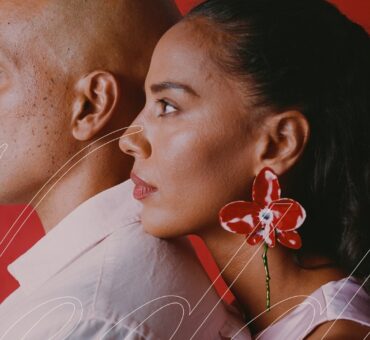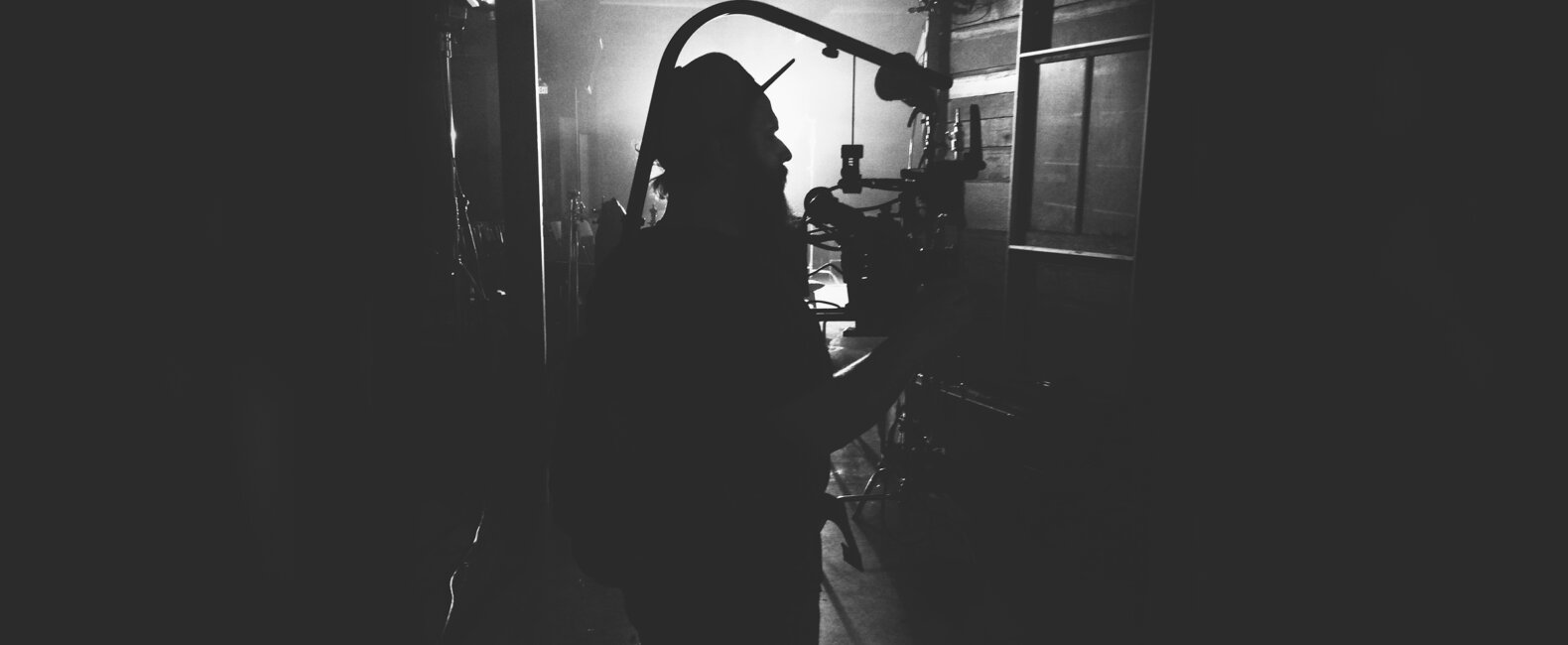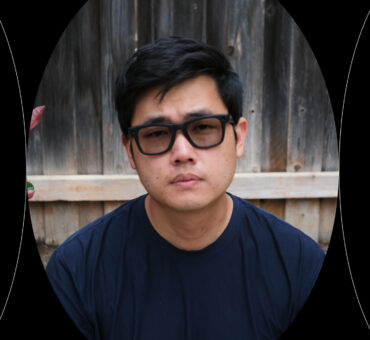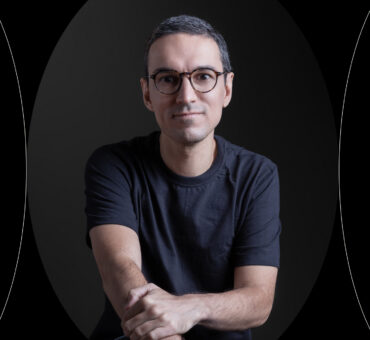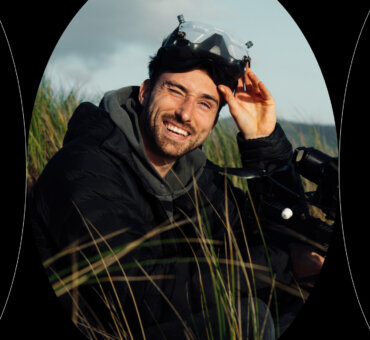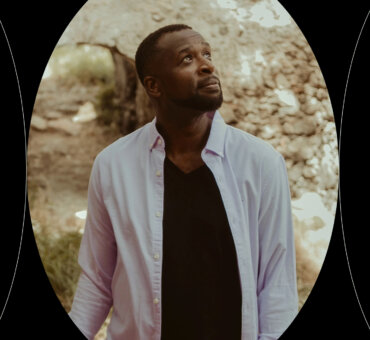A recurring topic in our conversations with independent filmmakers is how personal/passion projects have either launched, sustained, or saved their careers. For some people, like Hunter Hampton, personal projects have kept them from jumping off a creative cliff. For others, like Khalid Mohtaseb, passion projects have become a surprisingly effective marketing strategy. We don’t think there’s a “wrong way” to approach passion projects. But after having dozens of these conversations, the conclusion we’ve drawn is that passion projects, in whatever form, are an essential part of a creative lifestyle and an even more essential part of a creative career.
Compiled here are six filmmakers’ thoughts on the importance and value of passion projects. Oh, and there’s a surprise ending.

Ryan Booth
My career has been on a bit of a meandering path. I always knew that fundamentally I wanted to be kind of a storyteller; I just didn’t know exactly what that meant or how that would potentially work itself out. I started playing around and shooting some video with the Canon EOS 5D Mark II, and I did two personal projects right away, just to teach myself how this video thing worked. For one project, I got together with a bunch of my friends who know how to do video production, and another bunch of my friends who are musicians. And as an exercise to teach me how to do filmmaking, we all got into the same room, we put up five or six cameras, and then the bands played acoustic versions of their songs. That turned into SerialBox Presents, which is the music performance project that I still work on.
Dan DiFelice
The way I’ve always worked is to sell out doing commercial work and then take time off to do the things I love. I’ve found that works the best because then I don’t care. I can make pretty good money doing commercial work; and then the noncommercial stuff I’m passionate about—it doesn’t matter if that makes money or not.
I know guys who are working in coffee shops because they haven’t “made it yet.” They’re like, “Man, if I could just do what I love for a living . . . ” I’m like, “Well, if you do what you love, it’s going to be commercialized.” Not always, but there are so few artists who are just taking photos of things they enjoy, that they’re passionate about.
I was chatting with a friend today who did everything from helping me cast to aiding with the second half of our passion project, Anomaly. We were trying to figure out if we’d had a million dollars for Anomaly, would the project have been different? Would everyone’s attitudes have been different? And I think it definitely would have been different. Everybody was there because they wanted to be there. Almost nobody got paid. They were there because they believed in the project. Because of that, I feel like everybody was just insanely enthusiastic. We ended up with this ridiculous family. I didn’t want to leave afterwards.
The guy I was chatting with said he’s come to the realization that he works so much better when he’s putting himself out there for the vision of the project and not for himself. He wasn’t saying, “Okay, this is how I’m going to further my career.” It was like, “How can we push Anomaly? How can we make it better? How can we get the better shot that’s going to push the scene and make it more incredible?”
Preston Kanak
When I started out, I was probably spending six hours a day on my One Film a Day passion project while also going to school and working. Those sacrifices were tough for the first three months; and then after that point, all my friends and family started to support me through that project. When I wanted to give up, they were like, “Nope. You have to do it. You’re already this far in. Just go for it.” It was that whole support thing, connecting with other filmmakers who liked the project and wanted to collaborate. That passion project wasn’t just about me honing my skills; it was also about building relationships. Without that project, I wouldn’t have had the opportunity to work with Philip [Bloom] or [Eric] Kessler. You make a lot of sacrifices, but it was definitely worth it.
Khalid Mohtaseb
One of the main reasons why I love doing personal projects is because you’re able to experiment so much. You’re able to take risks that you usually wouldn’t take when there’s money on the line, when there’s a client who also has a vision. You’re able to try new ideas, different lighting setups, different concepts that you usually wouldn’t do. On Anomaly, for example, I experimented with things I’d wanted to experiment with for a year but never had the chance.
[At Variable] we’ve always done a ton of personal projects. We still do personal projects that we fund out of our own pockets, and it’s always toward projects we want to do. Clients we want to work with will see something we did as a personal project and that attracts them. They end up contacting us based on that. So as opposed to sending emails to clients we want to work with, we get their attention subtly by putting out a project that interests them. We never really thought of it as a marketing strategy, but it worked really well. It still does. Now we’re a little bit more mindful of that whenever we’re doing personal projects. We want to do something that isn’t just going to make us happy, but might also bring us work with clients we’ve wanted to work with. If I go out there and do a personal project I love, I know for a fact that they’ll love it too.
Eliot Rausch
During my personal projects, it’s always a very gut instinct and a relational connection to the subject matter, allowing that story to open up and take form. I usually have a pretty strong sense of my three acts and a strong sense of the arc, but it doesn’t always go as planned—which is a beautiful thing. It’s a combination of having some kind of intention and then giving it the space and the breathing room to tell itself.
Hunter Hampton
What I’ve learned to do is when I’m not doing any jobs, I do passion projects—just experiment and try to have fun with it. I think if you’re doing stuff just for the money, and if it’s something you’re passionate about and in love with, it ends up getting tainted over time. You end up sort of hating the things you’re doing because you’re not doing them for the right reasons.
For me, I don’t want to place my identity in the things I do, to put my identity in my job. You have to be comfortable separating your professional life from your passions. Every once in a while, they do cross; but a lot of times they don’t, and that’s okay. I’ve made significant efforts to spend time doing personal stuff for fun.
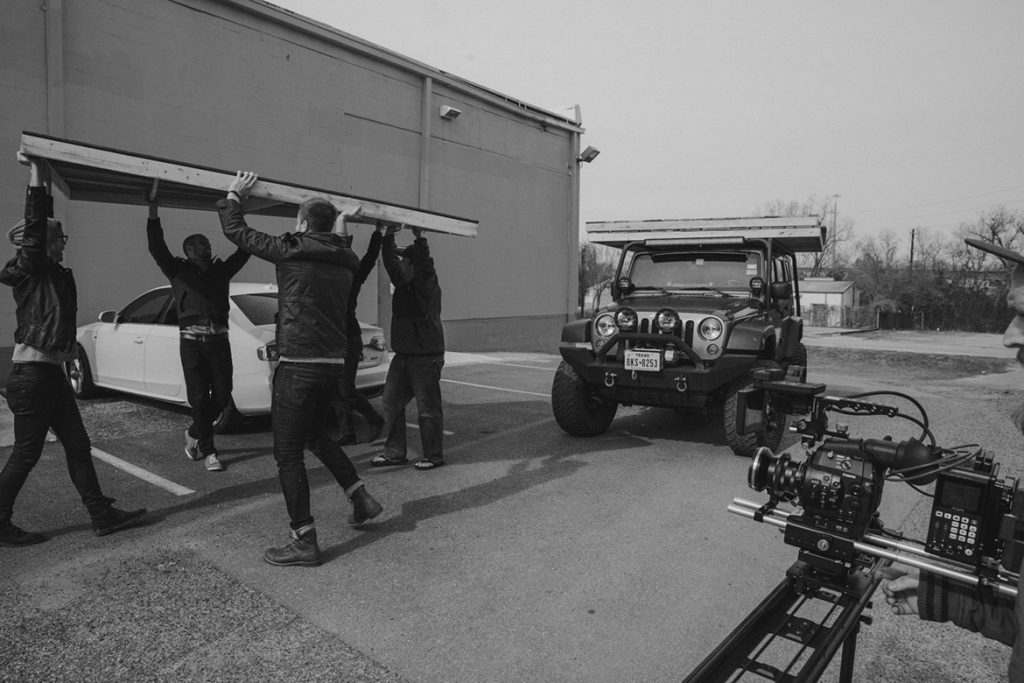
So, back to the original question: Are passion projects a waste? It really depends on how you define waste. Are they inherently inefficient, time consuming, resource hogging monsters? Yes. So we suppose they are inefficient in the exact same way that kids playing on a playground is wasteful and inefficient. The act is the end in and of itself.
And here’s the surprise ending: Musicbed itself started out as a passion project. It was just a couple guys at a creative agency trying to find some good music for their videos. You never know where your wasteful, playful, meandering projects are going to take you.































































